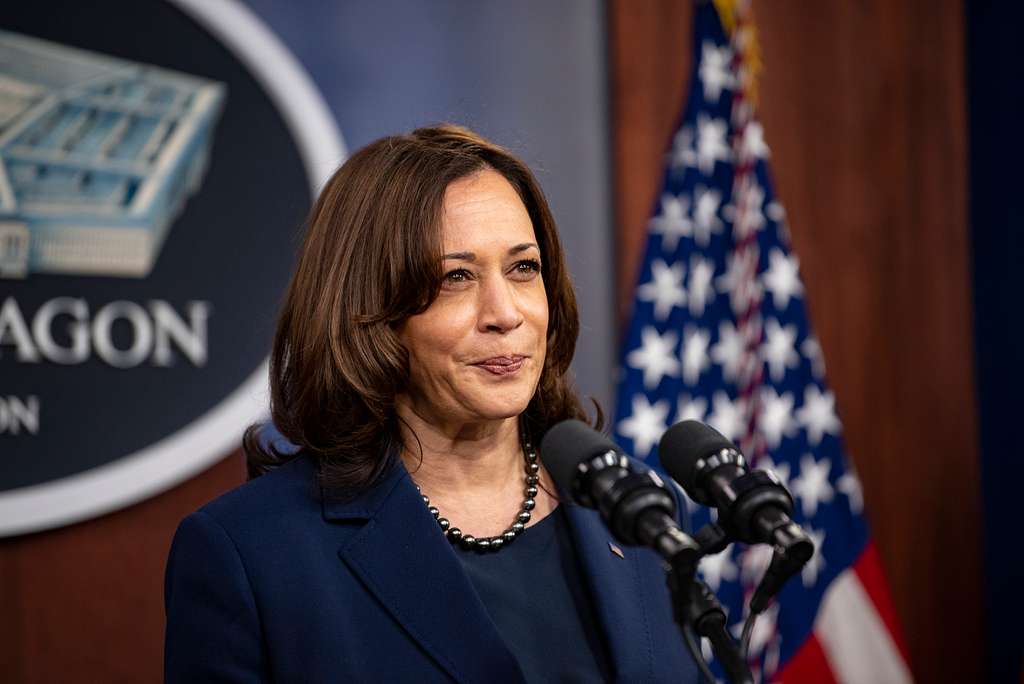Kamala Harris has unveiled an ambitious economic plan that promises to reshape the American tax landscape over the next decade. According to Americans for Tax Reform (ATR), this plan could lead to a staggering $5 trillion increase in taxes, sparking a fierce debate over its potential impact on the nation’s economy.
A cornerstone of Harris’s proposal is the reversal of the tax cuts implemented by President Trump. His Tax Cuts and Jobs Act slashed the corporate tax rate from 35% to 21%, lowered income tax rates across the board, and doubled the standard deduction. Harris aims to roll back these changes by increasing the corporate tax rate to 28%, a move projected to reduce the deficit by $1 trillion over ten years.
However, the plan doesn’t stop there. It proposes raising the capital gains and dividends tax to an unprecedented 44.6%, more than double China’s rate of 20%. This change would push combined federal-state capital gains taxes above 50% in many states, with California facing a rate of nearly 60%. Critics argue that such steep taxes could stifle investment and innovation, putting American competitiveness at risk.
Harris has pledged to uphold a key promise from President Joe Biden: not to raise taxes on those earning $400,000 or less annually. Yet, skeptics point to increased IRS enforcement under the Biden-Harris administration, which is expected to collect $20 billion from the working class. This raises concerns that the burden of these new policies may still fall on middle-income earners, contradicting campaign assurances.
A particularly controversial aspect of Harris’s plan is the introduction of a 25% minimum tax on unrealized gains for individuals making over $100 million. Unrealized gains are theoretical profits on investments that have not been sold, and taxing them could create financial stress for investors holding long-term positions. ATR cites a poll indicating that 76% of independents oppose such taxes, highlighting the contentious nature of this proposal.
The plan includes other significant tax increases: a higher tax rate for small business owners, a second “death tax” on capital gains at death, a 21% global minimum corporate tax, increased taxes on stock buybacks affecting retirement accounts, a 30% excise tax on electricity for cryptocurrency mining, and a $37 billion tax on American energy. It also calls for a 32% increase in Medicare taxes.
These sweeping changes have drawn sharp criticism from ATR and other fiscal conservatives, who warn that the plan could hamper economic growth and burden American households and businesses.


Leave a Comment